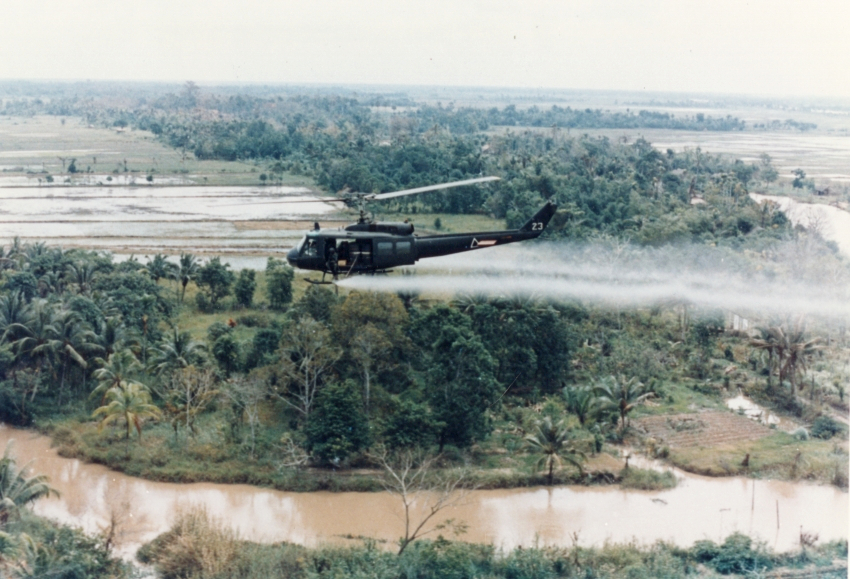November 6 is International Day for Preventing the Exploitation of the Environment in War and Armed Conflict.

Why?
International wars and internal armed conflicts ravage environments as well as killing and maiming men, women, and children, leaving behind environments that are dangerous and unusable long after the fighting ends.
Formerly arable land and drinkable water can be polluted for decades, and abandoned munitions can continue to take lives and limbs—not only of enemies or even former enemies but of innocent civilians and wildlife.
Is there an international requirement that military leaders everywhere must lack the necessary gene for imagining tomorrow?
Must they be unable to recognize that no matter how fierce the current fighting, today’s enemies may be tomorrow’s allies? That the environment we are ruining today may limit tomorrow’s life-sustaining food, water, and air for our own children and grandchildren, not just the offspring of today’s designated enemy?
During and after destructive armed conflicts, there are people and groups that attempt to repair the damage done. We see such efforts regarding, for example,
- Nuclear test sites
- Use of agent orange in Vietnam
- The millions of landmines [euphemistically called “unexploded remnants of war (ERW)”] still spreading death and destruction
Efforts at reconciliation with “enemies” and undoing destruction of environments are essential but we learn as children that prevention trumps cure.
Time to act. Support the bans on and destruction of:
- Nuclear weapons
- Chemical weapons (including Agent Orange)
- Landmines
Kathie Malley-Morrison, Professor of Psychology
